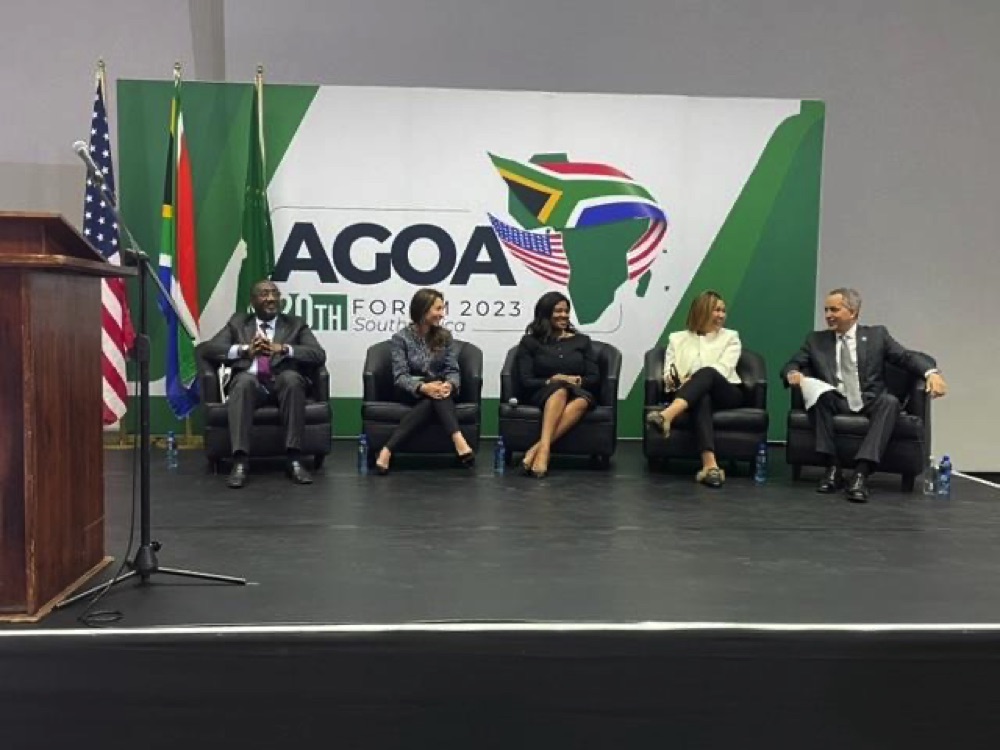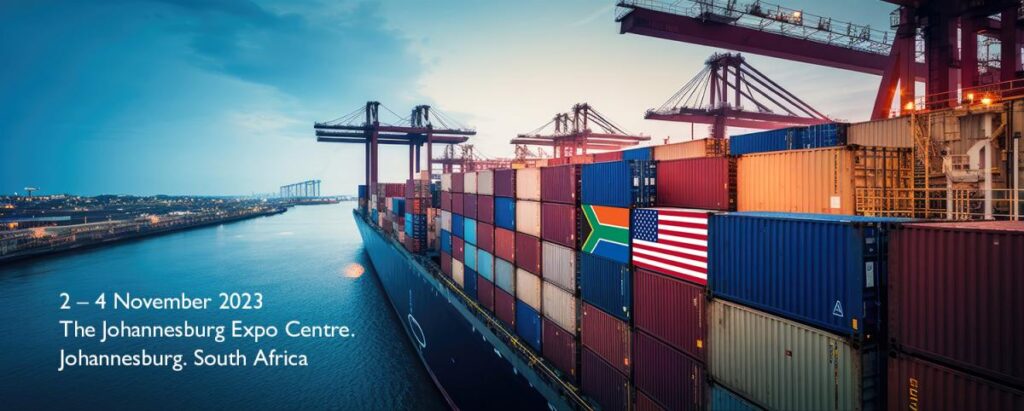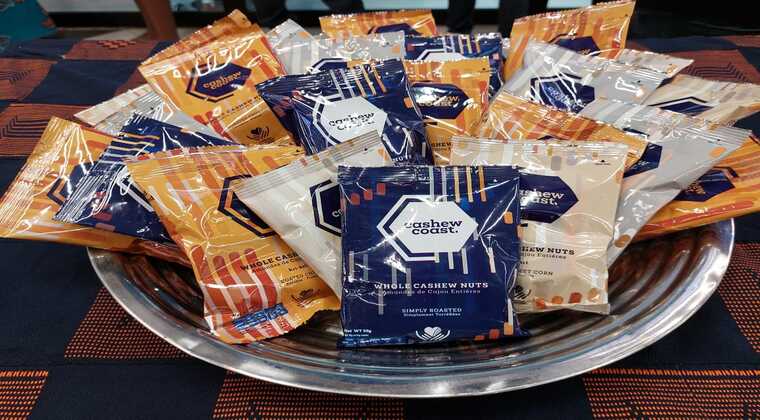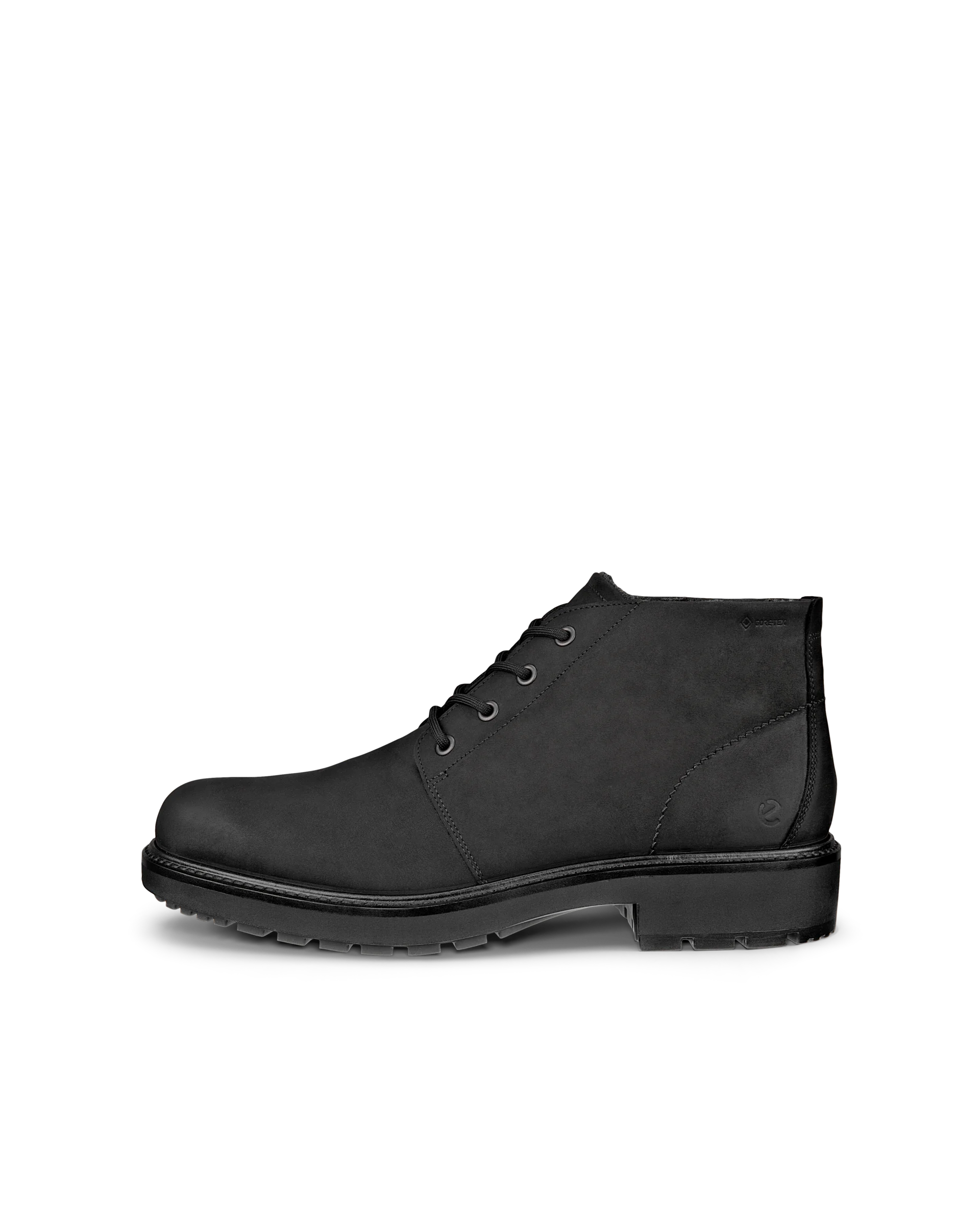How can the US and Africa build on AGOA to boost trade relations?
How can the US and Africa build on AGOA to boost trade relations?
The progress of US legislation on trade with Africa will be the major topic of discussion at the November AGOA Forum in Johannesburg. Two trade experts argue that the US and Africa can build on the legislation to support economic integration, build SME capacity and achieve wealth creation goals.
The Africa Growth and Opportunity Act (AGOA) is unilateral and non-reciprocal US legislation that aims to promote trans-border trade between the US and African nations. It enables the US to give preferential trade benefits to African countries that satisfy eligibility requirements: these include social, political and economic governance targets.

In 2019, however, the emergence of the African Continental Free Trade Area (AfCFTA) created uncertainties over the renewal of AGOA, which expires in 2025. Some observers suggested that instead of renewing AGOA, the US should use the AfCFTA as a framework for conversations with African nations about establishing a new strategic economic partnership.
But the dominant voice in support of AGOA prevailed and the legislation seems set to be renewed.

Who benefits?
Assuming that AGOA is renewed, AGOA-eligible AfCFTA member nations will continue to exploit its benefits – and can also enter into bilateral and regional agreements without infringing upon their rights and duties under the AfCFTA.
Still, AGOA opponents from both the US and Africa claim that it benefits neither the US nor Africa. On the US side, some US producers oppose it on the grounds that it encourages dumping and competition from imported goods that they say are low-quality. They claim that imported products should be subject to sound labour, environmental and product quality standards. Consequently, US producers lobbied to prevent importation of some goods, including sugar.
On the African side, some claim that AGOA exports are dominated by primary goods in the extractive industries and low-skill services industries. They assert that such a non-diversified sector focus undermines the ability of AfCFTA member nations to strengthen the capacity of small and medium enterprises (SMEs) to manufacture finished products.
AGOA proponents, meanwhile, claim that it has benefited both the US and Africa. On the US side, AGOA eligibility requirements are a way to induce African nations to adopt its own form of democratic values. On the African side, it allows eligible countries to boost trade, economic growth and development, including increasing investments and US foreign exchange earnings through access to US markets. In 2022, US AGOA imports increased by 57% to $9.4bn, from $6bn in 2021. AGOA products include oil, apparel, footwear, wine, certain motor vehicle components, some agricultural products, steel and chemicals.
The US government currently designates 14 of the 54 AfCFTA member nations as non-AGOA-eligible and non-beneficiary countries; 35 of the 54 AfCFTA nations are eligible for AGOA benefits. The legislation grants eligible nations duty-free access to markets and economies worth $25 trillion, including over 1800 products. Under AGOA apparel exports from Africa to the US also increased by about 16% from $1.2bn in 2019 to $1.4bn in 2021. In 2022 the US was the largest market for the $1.42bn in annual apparel exports under AGOA from African nations. But comparatively, the African export figures for all AGOA-eligible African nations combined were only 5% of the $36.5bn apparel exports from China to the US during the same year.
Advertisement
Cashew Coast 🇨🇮 Côte d’Ivoire – Agriculture & Food – Cashew nuts
🇨🇮Food & Safety 【https://bit.ly/42djzcL Featured Product】 SEEKING WORLDWIDE DISTRIBUTORS 🎯📞 📲+2250700070707










